Biogas cogenerators
Biogas is an energy source composed mainly of methane and carbon dioxide. Subjected to the right treatments, biogas can power the engine of a cogeneration plant.

Biogas cogeneration is the combined production of electricity and thermal energy through the use of an engine (powered by biogas) connected with an electric generator. This technology is easily applicable in agricultural production settings and livestock farms.
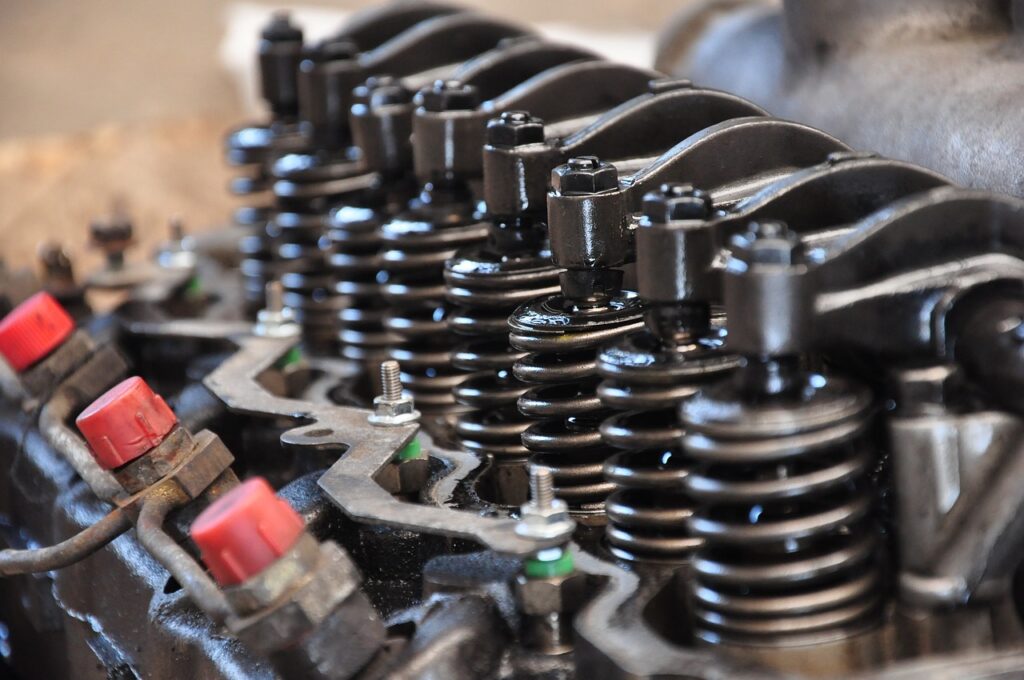
How does biogas cogeneration work?

How does biogas cogeneration work?
A biogas plant consists of two parts:
- the anaerobic digestion part, where biogas production takes place from the bacterial fermentation, which takes place in the absence of oxygen, of organic residues from plant or animal residues.
- the part of converting the biogas into energy, which is the cogeneration plant.
It is important that there is continuous management control of the process, but it is crucial that the cogeneration module is sized and built with the best performing technological solutions, because it is on the cogeneration unit that the energy and economic performance of the plant depends.
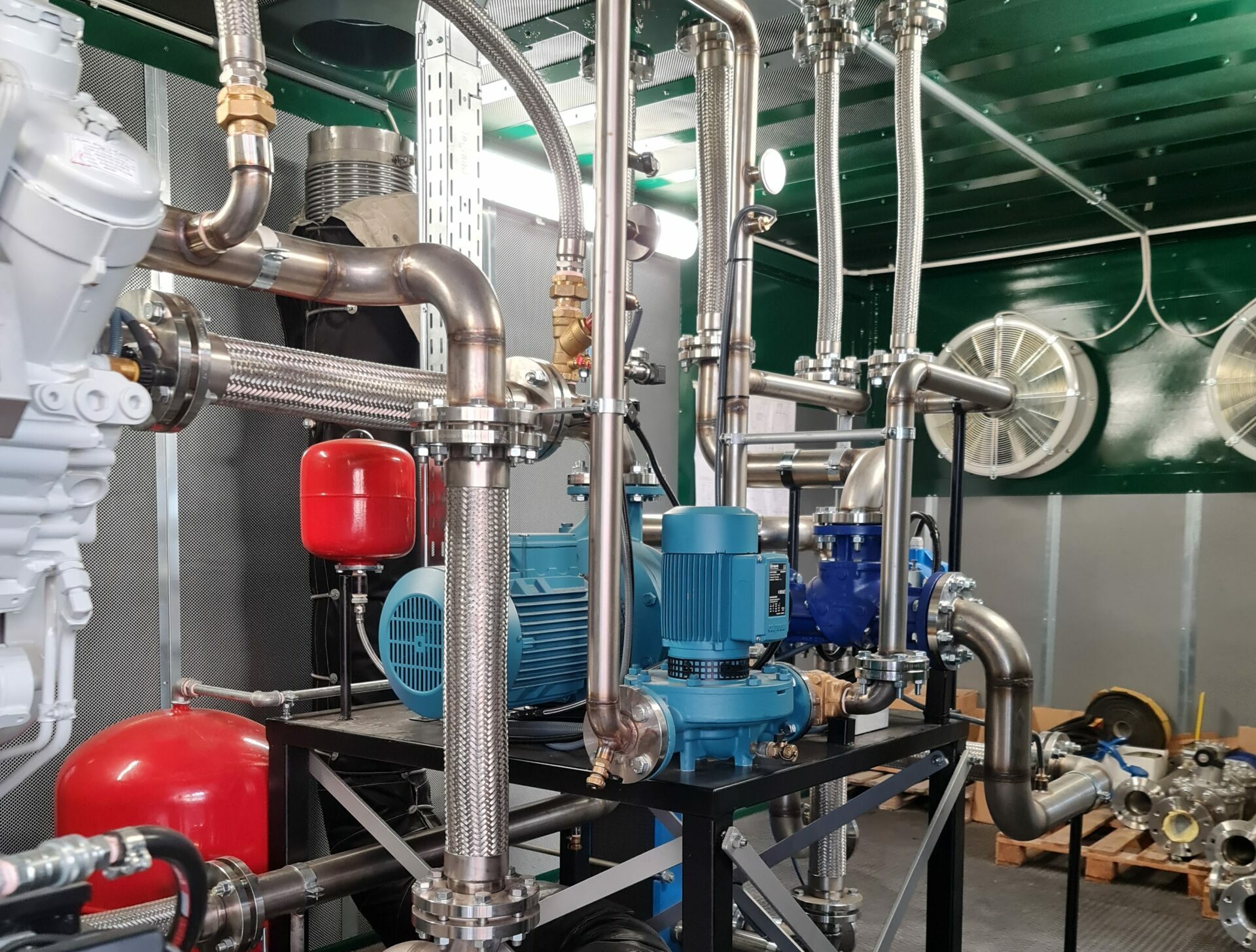
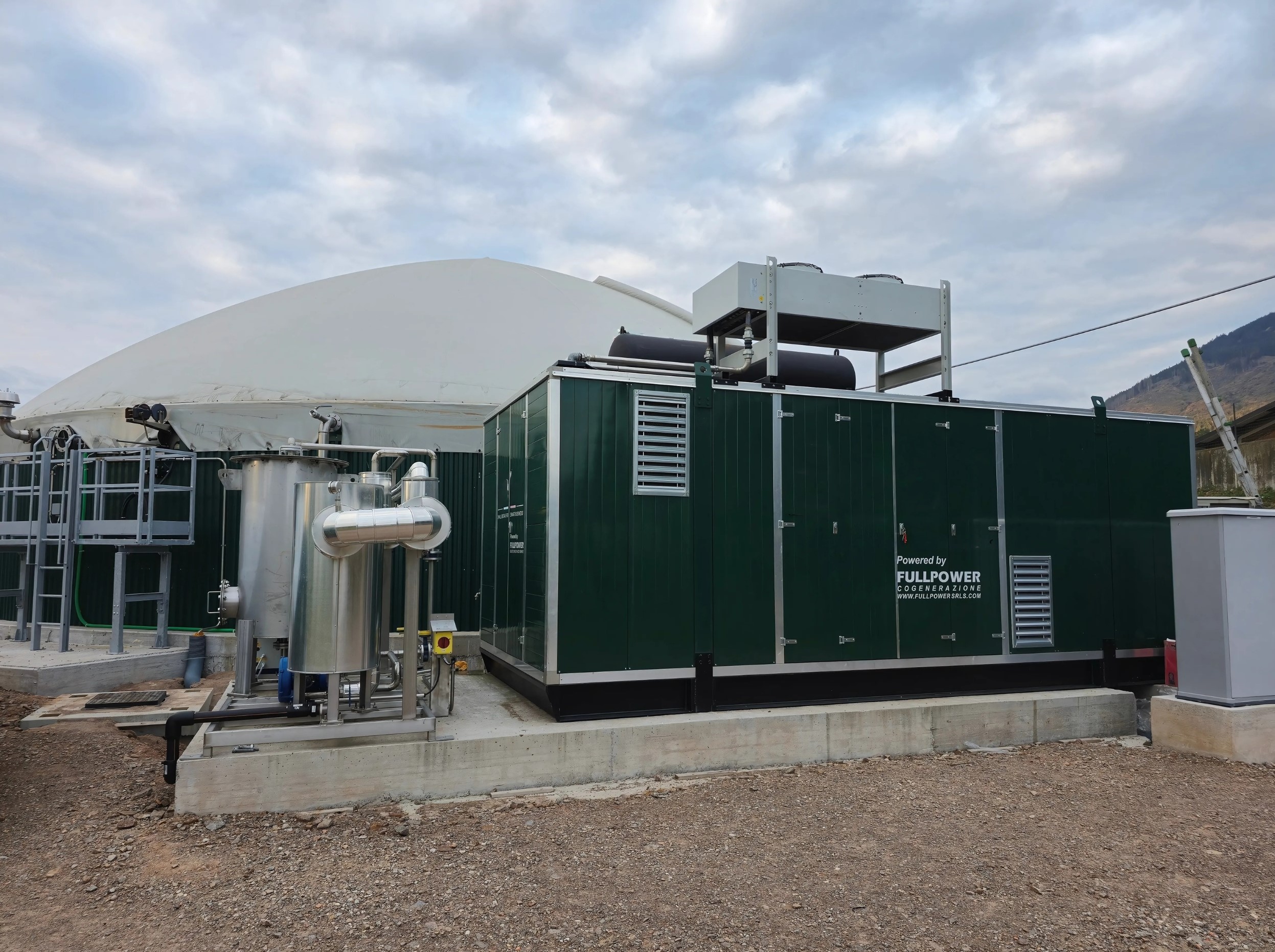
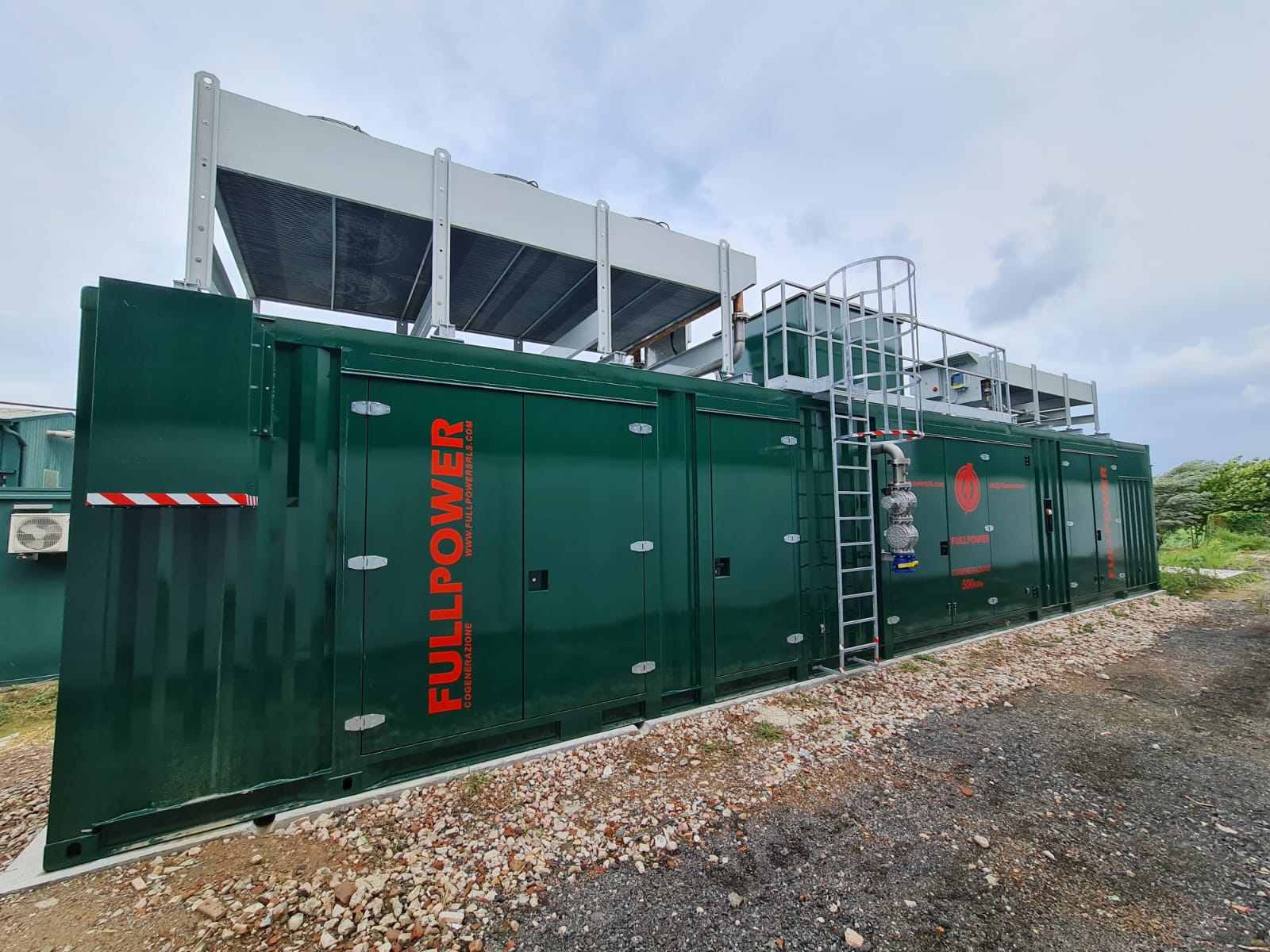
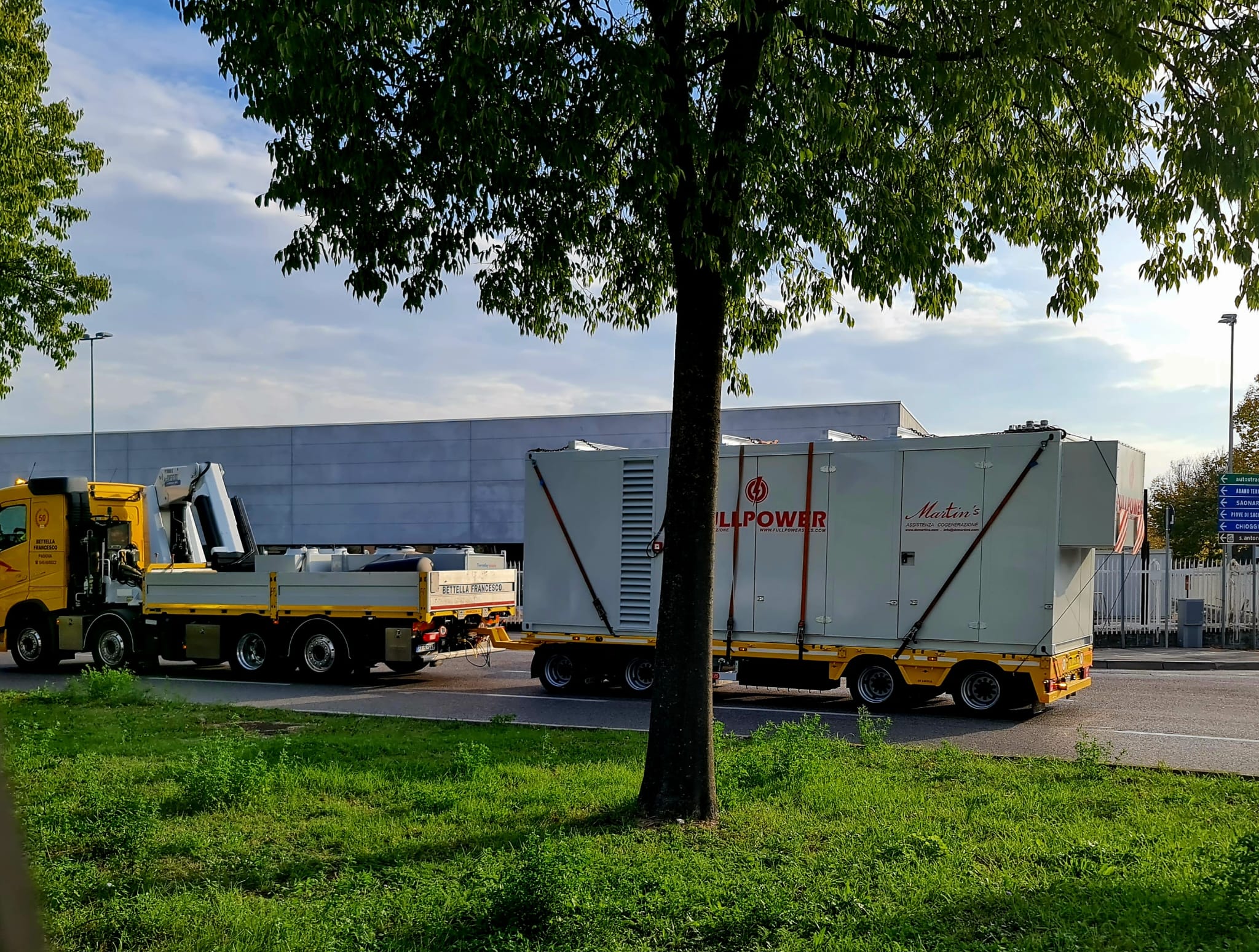
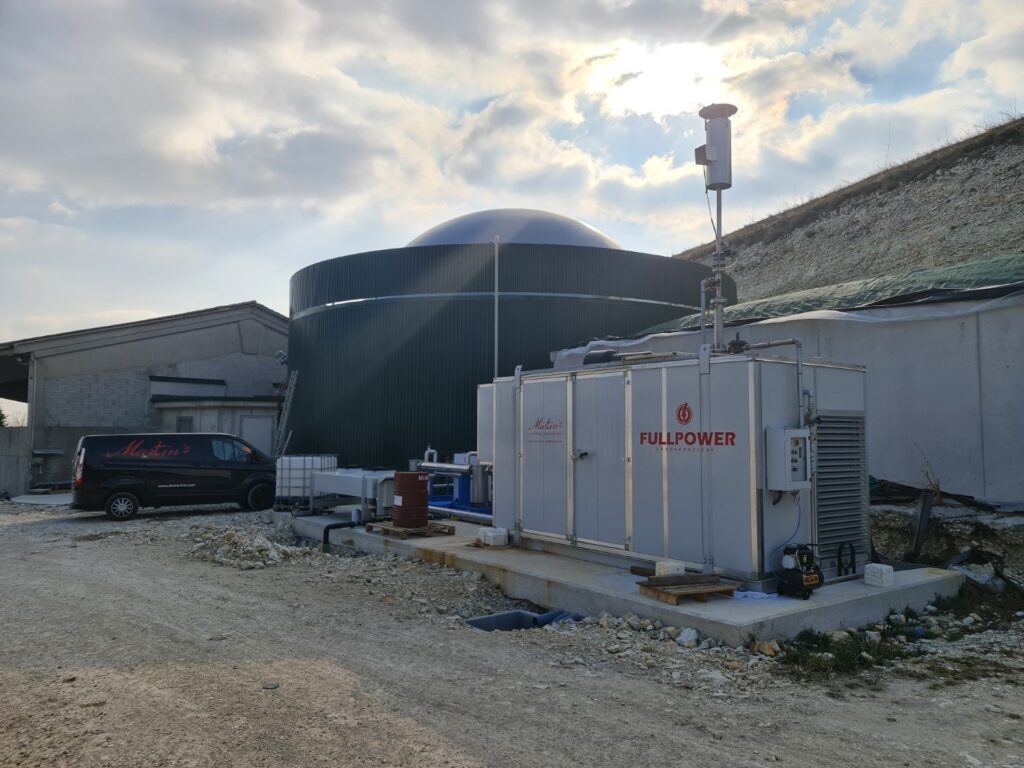
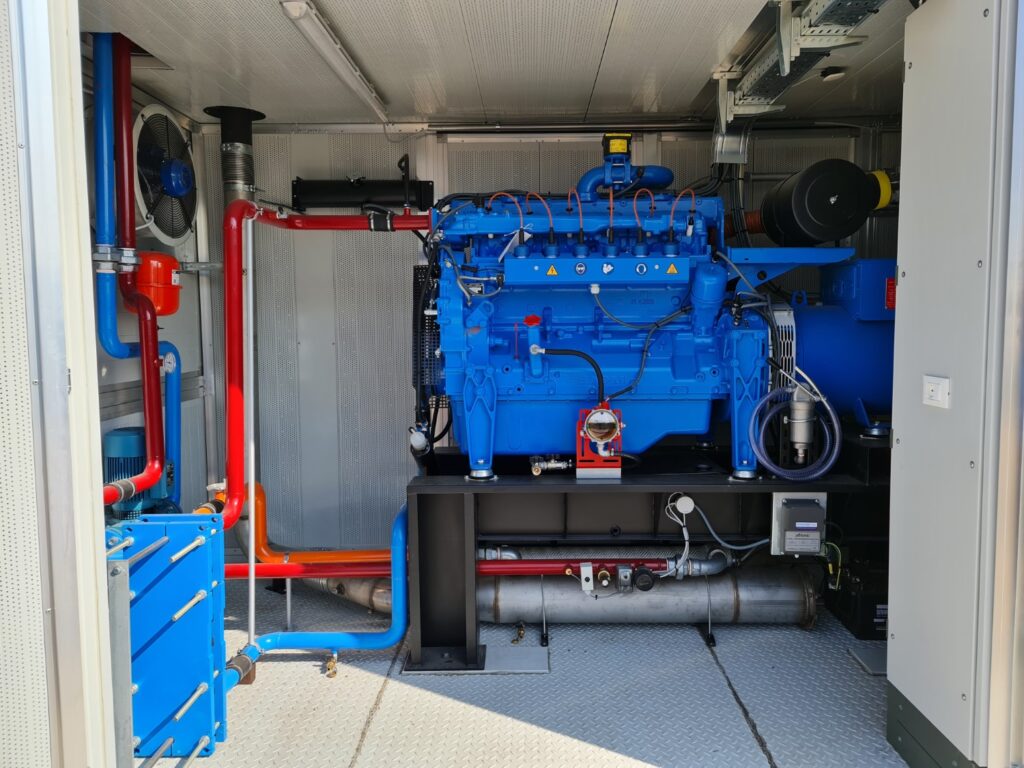
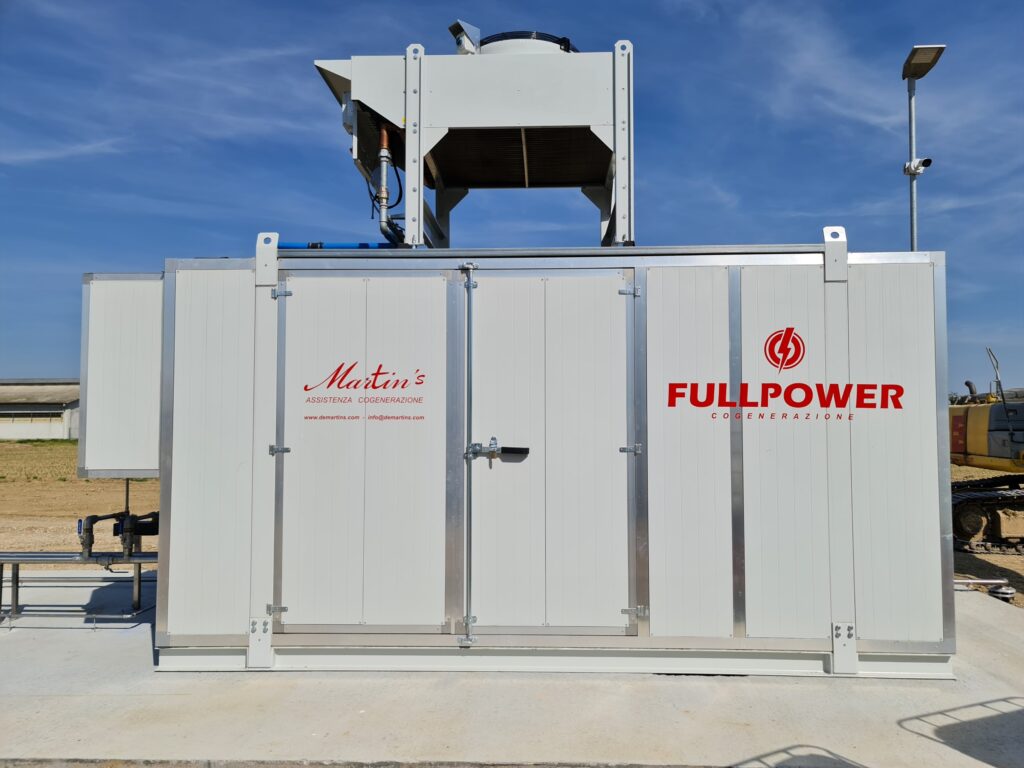
Summary data sheets of biogas cogeneration plants
Motore TEDOM

Motore MAN

Cogeneration and trigeneration from biogas offer several benefits
Benefits
Sustainable energy sources
Using biogas reduces dependence on fossil fuels and contributes to the transition to a sustainable energy model.
Energy Efficiency
Cogeneration from biogas makes it possible to make maximum use of the energy contained in biogas, producing both electricity and heat, and achieving greater efficiency than by the separate production of electricity and heat.
Reducing emissions
Using biogas for cogeneration helps reduce greenhouse gas emissions.
Organic waste management
Instead of being disposed of in landfills, this waste is used as raw material for biogas production, contributing to waste reduction and energy production.
Energy independence
Cogeneration from biogas offers an opportunity to reduce dependence on external energy sources, especially for farms, industries or communities that can produce biogas on-site.
Economic sustainability
Improved efficiency and the ability to use heat for industrial or heating purposes reduce overall energy costs for businesses and consumers.
